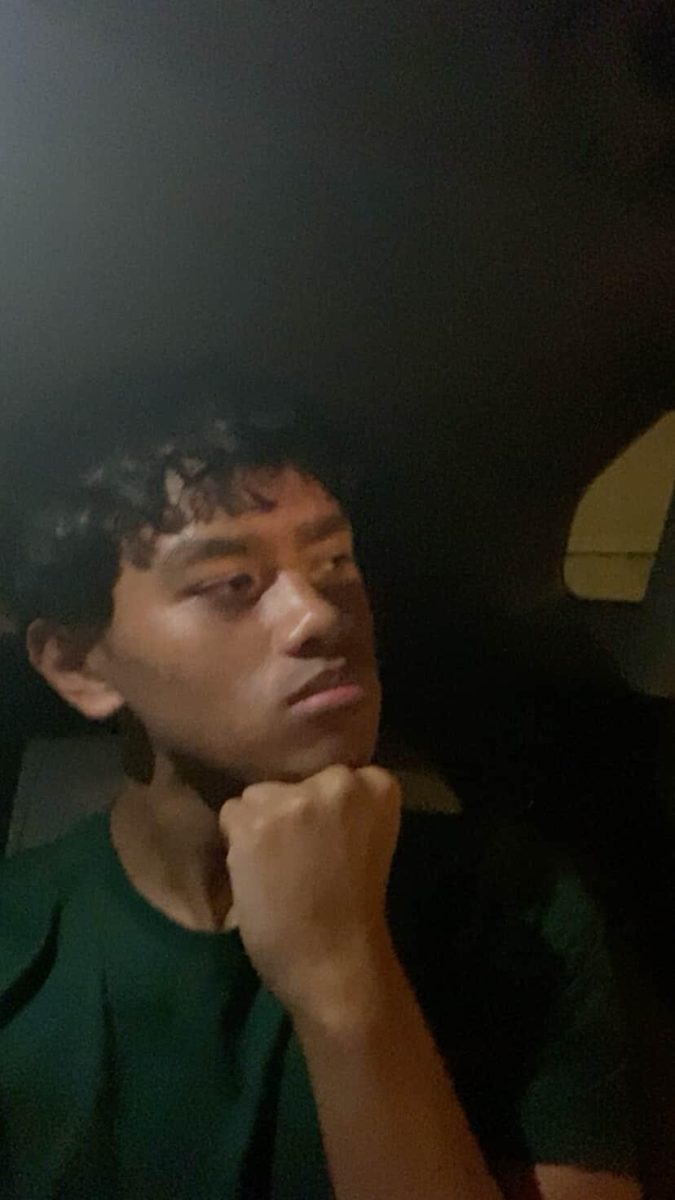The Batman and “Superhero Fatigue”
March 22, 2022
The Batman, directed by Matt Reeves and starring Robert Pattinson, comes in an era when superhero movies are being released almost every single month ad nauseam. In fact, the film features the third actor to play Batman on the big screen in just the past decade. So forgive me for asking, but why should I care, again?
To explain my thoughts on the genre, let’s take a look at the modern superhero movie climate. Since Iron Man’s release in 2008, Marvel Cinematic Universe (MCU) films alone have earned more than $25 billion, and have brought about their fair share of imitators: The Kingsman franchise, The Boys, The Umbrella Academy, and most notably the rival DC Extended Universe (DCEU) and X-Men franchises have all tried to get a piece of the MCU pie, with varying degrees of success.
Whether or not they’ve been successful, audiences have been eating up superhero projects for more than a decade now. Superheroes are everywhere nowadays, and their connections can often be confusing. Take Marvel for example: there are spin-off series (of both the canonical and non-canonical variety), animated shows, short films, and feature-length films being released at a breakneck pace.
Suffice to say, being a Marvel fan has become a part-time job involving copious hours of overtime, and that doesn’t include all of the other properties and franchises that have been releasing movies underneath the superhero genre. This incredible overflow of content has led some reviewers to coin the term “superhero fatigue.”
Superhero fatigue has already begun reared its ugly head: For example, three of Marvel’s last four theatrical releases have ranked among its five lowest grossing films ever (although their last release, Spider-Man: No Way Home is among their highest grossing, and the COVID-19 pandemic has certainly influenced lower ticket sales). One of those films, Eternals, currently holds the lowest Rotten Tomatoes Critics score of any Marvel movie, coming in at a measly 47%.
DC, for their part, has been attempting for many years to set their films apart from the likes of Marvel. While they stay true to the “cinematic universe” concept, their style is a whole different beast. Ever since the divisive release of Man of Steel in 2013, DCEU films have seemingly had one motto: “Marvel, but make it edgy.” The DC style, which featured prominently in Batman v. Superman: Dawn of Justice, Suicide Squad, and Justice League offered a contrast to Marvel’s fun characters and bright color schemes with its brooding heroes and gray color palettes. The movies did well at the box office (although not quite reaching the heights of Marvel), but were critically panned.
Eventually, DC seemed to start cleaning up their act. After the critical and financial failure of Justice League, they began changing up the tone of their films. Aquaman, Shazam!, Birds of Prey, Wonder Woman 1984, and The Suicide Squad (not to be confused with Suicide Squad) have embraced more of their own, unique styles (all of which have a great deal more color). And, to no one’s surprise, the results were positive. Films like Aquaman and Shazam! performed far above expectations at the box office, and Shazam! in particular would become DC’s first critical darling.
It’s the success DC has had while departing from its old style that made Matt Reeves’ The Batman’s choice to descend back into the dark, grey, constantly raining side of the DCEU all the more confusing. The choice to cast Robert Pattinson, best known for his role as Edward in the Twilight franchise, also confounded many fans who were looking to see Ben Affleck’s Batman (featured in Batman v. Superman, Suicide Squad, and Justice League) return for a solo venture.
However, as soon as I entered the new, bleak Gotham of The Batman, I knew something different was in store. Whether it be Pattinson’s monotone narration of the first sequence or the slow, punk rock that set its tone, Matt Reeves’ take on Batman was one that I was immediately engaged in. It sets itself apart from the very first sequence: As the opening narration is a literal entry in Bruce Wayne’s journal. In it, he claims to be a spirit of “vengeance” which strikes fear into the hearts of Gotham’s criminals. And yet he also admits that he doesn’t feel like his experiments with being “vengeance” (he doesn’t refer to himself as Batman once throughout the movie, in quite a departure from The Dark Knight trilogy) have truly caused much change in his city, despite his donningthe cape for two full years now.
At this point, I realized what different take The Batman would have on Batman: Robert Pattinson’s Batman is really just an emo kid. Seriously. Bruce Wayne is an orphan obsessed with his father’s memory who spends most of his time brooding, listening to drowned out rock music while riding a motorcycle, and monologuing about justice. He also seems genuinely unsure whether being Batman even makes sense for him.
It’s Bruce Wayne’s “edgy teen” persona which complements and partially explains the dark streets of Gotham. It’s almost as if the audience is being introduced to a city through the watering eyes of a sad, rich teenager. This explains the constant rain and gloom, and allows the audience to immerse themselves in what feels like a somewhat biased representation of the city. It’s because of the synergy that (for the first time in DC history) the film’s dark look and tone actually contributes to its quality, rather than standing out for all the wrong reasons.
The other way in which The Batman diverts from its many predecessors is its emphasis on the “detective” nature of Batman’s job. While other superhero movies generally consist of action scenes interlaced with drama and mystery, Reeves’ take on the character can truly be described as a mystery/detective story interlaced with drama and the occasional fight scene. The Batman is the only Batman movie in which he spends extensive time searching through old files, deciphering complex codes, or simply trying to understand the villain’s motivation. The combination of the detective story and the noir setting makes The Batman the first DC film to truly create a new type of superhero experience, one that almost ignores the traditional “fun” of superhero movies (fight scenes, magical powers, etc.) in favor of a detailed, exciting story that (along with excellent acting and drama) entertains the audience throughout its admittedly gargantuan 3 hour run time.
But The Batman tells another story outside of the mind games between Batman and the Riddler. It tells the story of an industry terrified of losing its relevance. Studios like Disney and Warner Brothers. know that they won’t be able to keep making the same types of films forever, and soon, being out of the ordinary will be the new norm in the superhero genre. If those new movies are anything like The Batman, I cannot wait.




